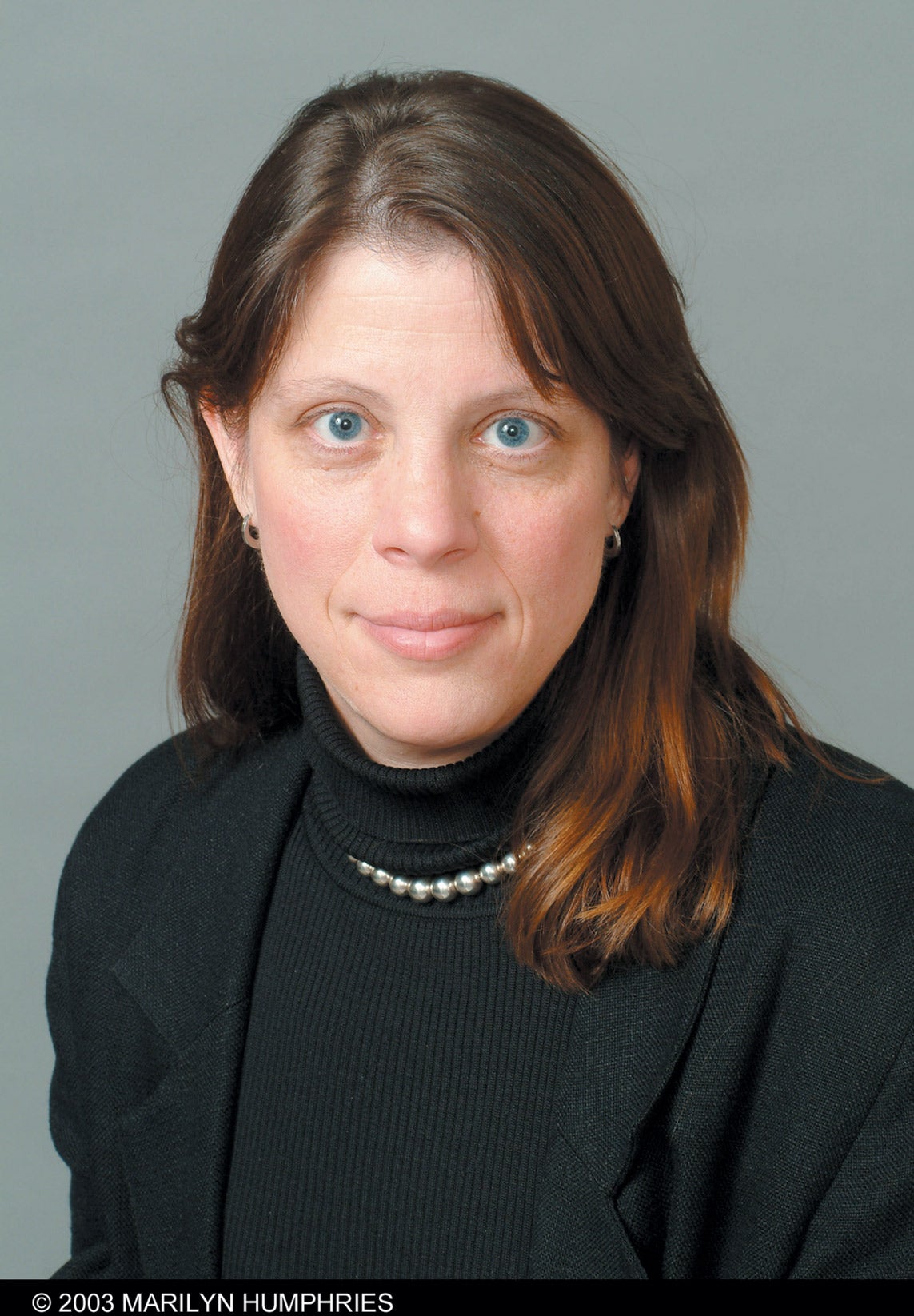While writing about human rights in South Asia in the early 1990s, Carol Rose ’96 was asked by a Pakistani activist, “And what is happening with human rights in your country?” Rose was stunned. Appalled at her inability to answer the question, she decided to attend law school to better understand the legal system that makes the United States special.
“Like many Americans, I took the Bill of Rights and our rule of law for granted,” she said. “Now, if someone asks me that question, I have an answer.”
Prior to law school, Rose worked as a journalist who, among other things, chronicled oppression in other countries. She witnessed firsthand the struggle against repression and did not want her country to lose any of its hard-won freedoms.
Now the executive director of the American Civil Liberties Union of Massachusetts, Rose says that the United States is in a unique historical moment, citing the government’s “knee-jerk” reaction to 9/11: “I wake up, read the newspaper and say, ‘I have work to do today.’ Our 200-plus-year experiment in democracy has gone pretty well so far, and I don’t want it to go down the drain during my lifetime.”
Just as Rose took the helm at the ACLUM last year, the FBI began conducting what it dubbed “voluntary” interviews of people of Iraqi descent, including American citizens. The ACLUM immediately offered free legal representation before and during FBI interviews.
A member of the Massachusetts task force that reviews racial profiling in traffic stops, Rose proposes that police departments be required to collect information on the races of those who are stopped. In addition, she criticizes the overrepresentation of youth of color in the juvenile justice system. A recent ACLU report shows that the state has failed to comply with a federal mandate to address disproportionate minority confinement.
On the federal level, the USA Patriot Act and its proposed follow-up, Patriot II, constitute an “alarming accretion” of power in the executive branch, significantly reducing the power of the other branches and threatening the system of checks and balances, according to Rose. She decries the “secret profiling” conducted by the U.S. government, saying it infringes upon Americans’ right to be “left alone by our government.”
“We haven’t seen anything like this since the McCarthy era,” she said. “With greater technology and greater government secrecy these days, we are witness to an unprecedented threat to our civil liberties.”
Rose is an activist at heart and knew she would eventually be working for a cause she believed in. During her time at HLS, she was co-editor in chief of the Human Rights Journal, served as an election monitor in Sri Lanka for the International Human Rights Law Group, participated in a clinical poverty law program with Professors Gary Bellow ’60 and Lucie White ’81, and received the Reginald F. Lewis Fellowship for study of the rule of law in Vietnam.
She began her legal career as an attorney specializing in First Amendment, media, Internet and intellectual property law at Hill & Barlow in Boston. Although she enjoyed the challenges of private practice, she welcomed the opportunity to move into public service.
One day, Rose says, she may return overseas to help other countries advance human rights systems. For now, however, she says there is plenty of work to do at home.
“Until I started working with the ACLU, I was only vaguely aware of the extent of rights violations taking place here in Massachusetts,” she said. “This job has reinforced my feeling that we need to do our own work at home before we can go to another country and tell them how to do it. After all, civil rights are just human rights at home.”
